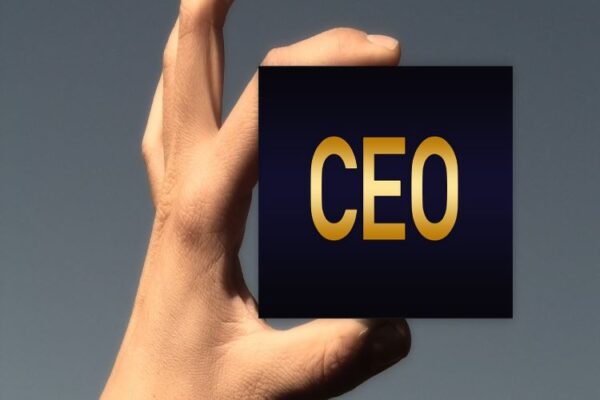Rajkotupdates.news : Indian CEOs expect economic growth

Rajkotupdates.news
Rajkotupdates.news : Indian CEOs expect economic growth; According to PwC’s 25th Annual Global CEO Survey, Indian CEOs are confident about the future of their country’s economy despite the lingering uncertainty caused by the Covid-19 outbreak.
CEOs throughout the world are generally as positive about economic growth expectations in 2022 as they were in 2021, with India’s CEO optimism at 94 percent (up from 88 percent in 2021).
Even if the Covid-19 pandemic is still a major unknown, India’s top business executives are upbeat about the country’s economic future. PwC’s 25th annual worldwide CEO poll found that nearly all Indian CEOs (99 percent) expect economic development in their country to accelerate over the coming year.
However, 94% of Indian CEOs expect global economic growth to accelerate over the next year.
Between October 2021 and November 2021, 4,446 CEOs from 89 countries and territories participated in the poll. It also features commentary from 77 Indian business leaders.
The confidence and optimism of CEOs during the past year is a monument to the resiliency of Indian companies, according to Sanjeev Krishnan, Chairman, PwC India. “While Omicron has cast a shadow and CEOs are now focusing on the health and safety of their people,” he said. Companies in India have been able to keep expanding thanks to the tenacity and optimism with which most of the country’s business elite have met the obstacles posed by the pandemic. The majority of Indian business leaders (97%) are optimistic about their company’s revenue growth prospects, both in the short term and over the next three years. This optimism may be attributable to the strategic foundations that were created during difficult economic times.
Concerns about GDP, unemployment, and inflation variations are shared by CEOs around the world. The inability to sell products and services is hampered by health risks (89 percent), geopolitical turmoil (77 percent), and cyber dangers (77 percent), according to Indian chief executive officers.
In addition, Sanjeev Krishnan stated that company leaders are under pressure to produce top outcomes following a difficult year. They must take preventative measures against potential threats in the areas of technology, cyber security, human resources, and health.
When discussing the planet we will leave to future generations, he said, “Given the highly uncertain, volatile environment we are in, it becomes necessary to focus on long-term challenges and issues around climate change and social inequality.”
Even if ESG is receiving more attention, business indicators are still the primary drivers of strategy worldwide and in India. The long-term strategies of most chief executive officers incorporate objectives linked to customer happiness, employee involvement, and non-financial results like automation or digitization.
The survey found that among Indian CEOs, 81% are more concerned with employee engagement and 75% are more concerned with customer satisfaction than their worldwide counterparts.
And although just 54% of CEOs worldwide incorporate automation and digitization objectives in their company’s strategy, in India that number jumps to 78%.
Fifteen percent of Indian CEOs have expressed concern that cyber threats may make it harder for their company to attract investors this year.
Sixty-four percent of Indian CEOs polled believe a data breach might have a negative impact on product or service sales, therefore they are in agreement that cyber dangers pose a serious threat to businesses in the country. It was found that 47% of CEOs are concerned that cyber risks may prevent them from developing new products and services, in addition to disrupting their businesses.
In addition, it was found that 27% of participating Indian businesses have made a net-zero commitment (22% globally), 40% are in the process of creating and articulating their commitments (29% globally), and only 30% have neither made nor are in the process of making any net-zero commitment (globally 44 per cent).
You can read more about thi topic on Rajkotupdates.news






